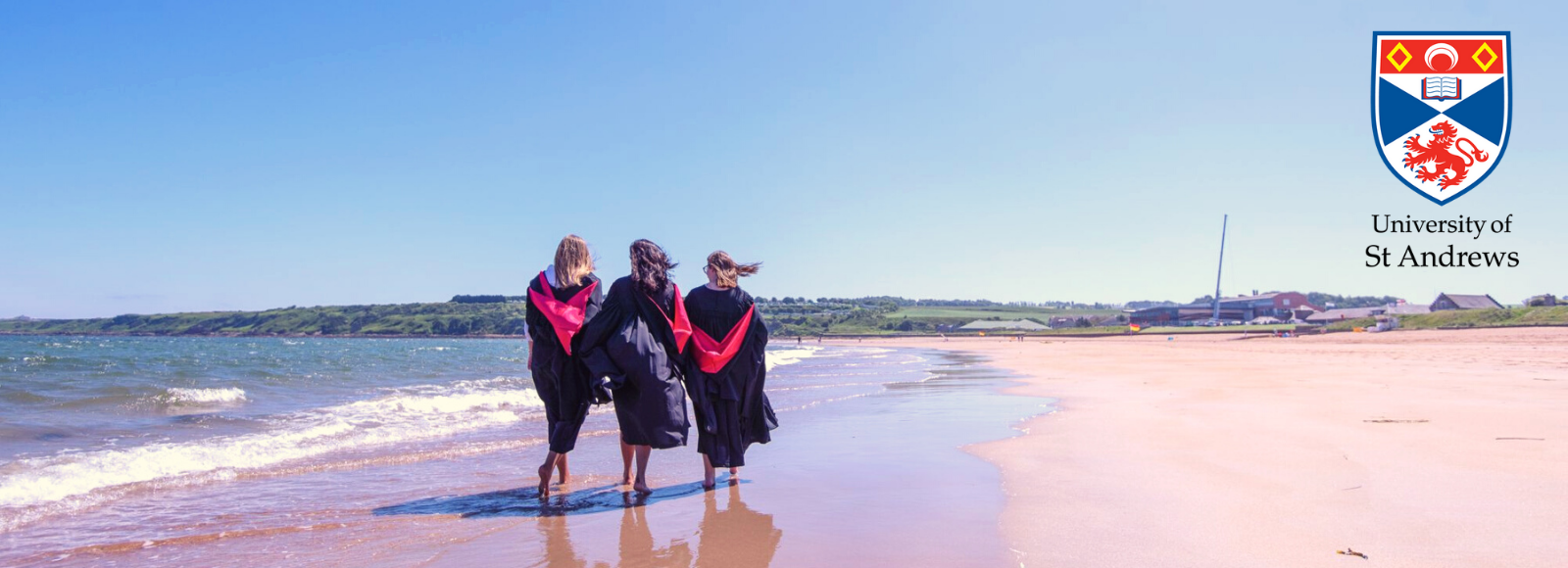- ...
Postgraduate Studentships - Search for funding opportunities.
Postgraduate Studentships - Search for funding opportunities.
The MLitt in German and Comparative Literature is a two-year taught programme run jointly by the School of Modern Languages at St Andrews and the University of Bonn.
The programme will deepen your knowledge of the latest thinking in literary and comparative studies and give you the research, communication and writing skills needed to embark on a PhD or top-level graduate career.
Students spend their first year in Germany and the second year in Scotland.
Highlights
The qualifications listed are indicative minimum requirements for entry. Some academic Schools will ask applicants to achieve significantly higher marks than the minimum. Obtaining the listed entry requirements will not guarantee you a place, as the University considers all aspects of every application including, where applicable, the writing sample, personal statement, and supporting documents.
For fees and funding options, please visit website to find out more
Modern Language postgraduates go on to careers in the academic field or in other areas, for example as cultural advisors, translators, publishers or in the public or civil service.
Recent graduates have secured posts such as:
The Careers Centre offers one-to-one advice to all students as well as a programme of events to assist students in building their employability skills.
Compulsory
Options
Dissertation
In the second semester at St Andrews, students specialise in an area of choice within German or Comparative Literature and write an 18,000-word dissertation under the joint supervision of one professor in Bonn and one supervisor in St Andrews. This is an in-depth independent research project that serves as an ideal preparation for the demands of a PhD.
If students choose not to complete the dissertation requirement for the MLitt, there are exit awards available that allow suitably qualified candidates to receive a Postgraduate Diploma. By choosing an exit award, you will finish your degree at the end of the second semester of study at St Andrews and receive a PGDip instead of an MLitt.

Scotland’s first university, an experience like no other Masters programmes to help you find your future. Are you looking to earn an outstanding pos...
Sign up to Postgraduate Studentships
Sign up to compare masters
Thanks for making your selection. Click below to view your comparisons.